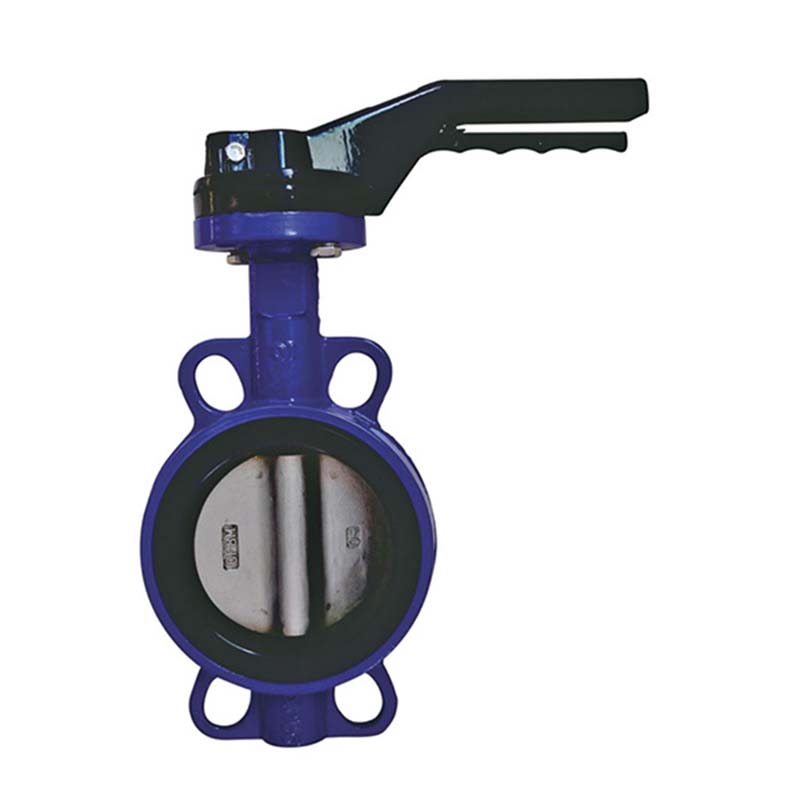Nov . 08, 2024 19:00 Back to list
socket and resilient seat gate valve
Socket and Resilient Seat Gate Valve An Overview
In the world of industrial applications, the management of fluids within pipelines is a critical concern. To effectively control the flow of liquids and gases, various types of valves are employed, with the socket and resilient seat gate valve being one of the most reliable choices for professionals in the field. Understanding its features, advantages, and applications can help organizations make informed decisions when designing their piping systems.
What is a Socket and Resilient Seat Gate Valve?
A socket and resilient seat gate valve is a type of valve used to provide a tight seal and control fluid flow with minimal pressure loss. The term socket refers to the valve's design, which features a socket for easy connection to pipes, provided with a plain end or spigot end that can fit into a corresponding socket. The resilient seat aspect stands for the material used to create a soft, flexible seating surface that ensures a watertight seal when the valve is closed.
The valve works by lifting or lowering a gate within the valve body, which, when fully opened, allows for unrestricted flow. The resilient seat allows for slight deformations, ensuring that even when faced with variable pressure levels or temperature changes, the valve remains effective in preventing leakage.
Key Features
1. Durability Resilient seat gate valves are made from strong materials such as ductile iron or stainless steel, allowing them to withstand harsh operating conditions. Their robust design ensures longevity in fluid handling systems.
2. Leakage Prevention The resilient seat guarantees a tight seal when the valve is closed, minimizing the risk of leaks, which is essential for both safety and operational efficiency.
3. Ease of Installation and Maintenance The socket connection simplifies the installation process, allowing for quicker assembly in pipeline networks. Furthermore, maintenance is straightforward, and many designs feature replaceable seats or components, reducing downtime.
4. Scalability These valves are available in a range of sizes and pressure ratings, making them suitable for various applications, from domestic waterworks to large-scale industrial systems.
Advantages
- Cost-Effectiveness While the initial investment may be higher compared to other valve types, the durability and low maintenance requirements of socket and resilient seat gate valves often lead to lower overall operational costs over time
.socket and resilient seat gate valve

- Flow Efficiency Due to the full bore design, these valves offer minimal resistance to fluid flow, which is particularly important in systems that require efficient flow rates.
- Versatility Socket and resilient seat gate valves are suitable for a wide range of applications, including water distribution, wastewater management, irrigation systems, and industrial processes that handle various fluids.
- Pressure Ratings They are capable of handling various pressure ratings, making them suitable for different industrial standards and regulations.
Applications
Socket and resilient seat gate valves are predominantly used in the following applications
- Water Supply Systems They are integral to municipal water distribution systems, ensuring efficient management of potable water supply while preventing leaks.
- Irrigation Agriculture relies heavily on these valves for controlled water flow in irrigation systems, enabling precise management of water resources.
- Industrial Systems In manufacturing and processing plants, these valves are used to control the flow of various liquids, ensuring efficient operations and safety.
- Fire Protection Systems Their reliability is crucial in fire suppression systems, where timely and effective valve operation can be life-saving.
Conclusion
In conclusion, socket and resilient seat gate valves offer an effective and durable solution to fluid management in various industrial applications. Their unique design features, combined with their numerous advantages, make them a preferred choice for engineers and operators seeking reliable performance with minimal maintenance. As industries continue to evolve, the importance of efficient fluid control will only grow, solidifying the role of these valves in shaping efficient and sustainable operational solutions.
Share
-
Reliable Wafer Type Butterfly Valves for Every IndustryNewsJul.25,2025
-
Reliable Flow Control Begins with the Right Ball Check ValveNewsJul.25,2025
-
Precision Flow Control Starts with Quality ValvesNewsJul.25,2025
-
Industrial Flow Control ReliabilityNewsJul.25,2025
-
Engineered for Efficiency Gate Valves That Power Industrial PerformanceNewsJul.25,2025
-
Empowering Infrastructure Through Quality ManufacturingNewsJul.25,2025